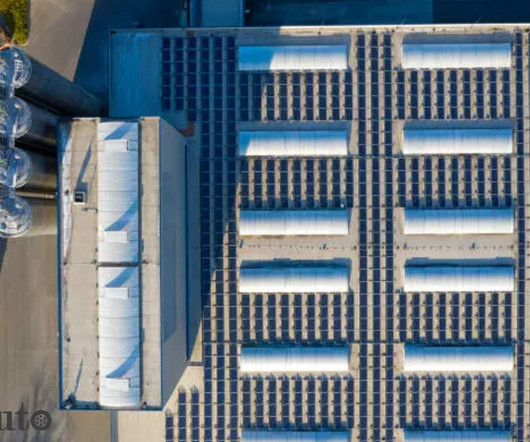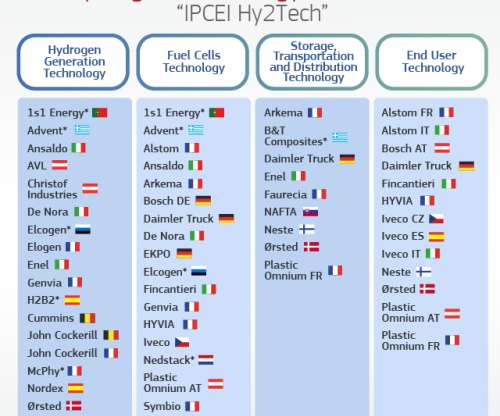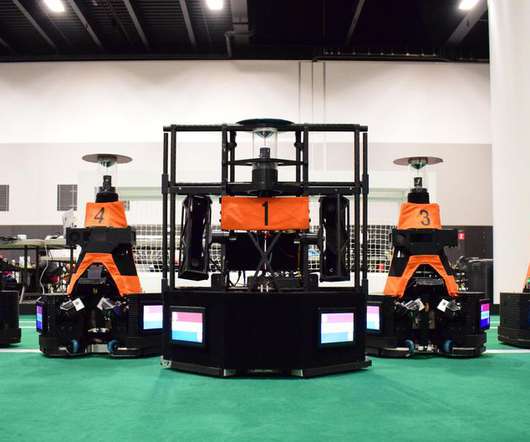China’s CALB wants lithium battery factory in Portugal – ET Auto
Baua Electric
JANUARY 22, 2024
Chinese manufacturer CALB is planning on building a lithium-ion battery factory in Portugal, the APA Portuguese environment agency said on Monday. Portugal has the largest reserves in Europe of lithium, the main element in the batteries that power electric cars. The two billion-euro (USD 2.2 The two billion-euro (USD 2.2












Let's personalize your content